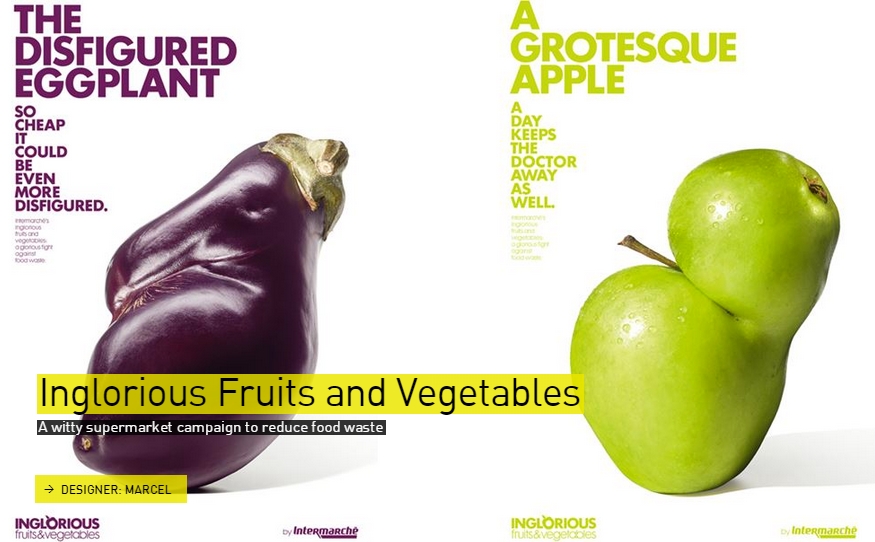THE PRICE TO
THE CONSUMER
Under
the title "low prices at the beginning of the stone fruit campaign are not
passed on to the consumer", the Spanish agricultural web Agrodigital
informs about the enormous disparity between the prices paid to the farmer and
the prices paid by consumers (http://www.agrodigital.com/PlArtStd.asp?CodArt=114482).
It
should be noted that the so-called stone fruits are the fleshy fruits of the
genus prunus, ie apricot, peach, nectarine, plum and cherry.
Picture: http://es.globedia.com/imagenes/noticias/2011/11/25/exportaciones-frutas-hortalizas-caen-septiembre-bajos-precios_1_984948.jpg
The
situation of the year 2017 is a case which unfortunately is repeated with a
certain frequency. The market, for climatic problems in destination, started
with difficulties and slowly. This is a problem that I mentioned to you last
year, which is this year again present (see http://culturagriculture.blogspot.com.es/2016/05/77-bad-weather-8-in-destination.html).
The climatic
conditions were not favorable for consumption in the destination areas, but
they were good in the production areas. The fruit ripens, it must be picked,
but it is dispatched more slowly than it is produced. Supply is unbalanced in
relation to demand, and prices are falling.
This is a
relatively common situation in food production, which is being attempted to
regulate by conservation. But some products, whose commercial life is very
short (peach, strawberries, lettuce, zucchini, etc.) don't bear these
conditions and are kept for a short time.
A
little later, the climatic conditions in destination have improved, consumption
has restarted, but prices did not rise.
Prices in
origin remain at such a low level that they don't even cover the basic costs of
the crop. They are roughly half of what they were last year on the same dates.
Many stone
fruit growers abandon the fruit on the trees without harvesting them, others go
so far as to pluck orchards with the fruit on them.
However,
consumer prices are similar to those of last year.
In other
words, farmers are suffering harshly, in a campaign that will remain as one of
the worst in the last 50 years, but markets are taking advantage of the
situation to make a lot of money, at the risk of sinking such an important
sector as is the production of fruits and vegetables.
The
difference between the price paid to the farmer and the price paid by the
consumer during this month of May is approximately the following:
7 times for
stone fruits
7 times for
zucchini
9 times for
tomato
9.5 times
for the pepper.
A normal
difference should be between 3 and 5 times, depending on the product, to cover
the important costs of selection, packaging, storage, sale, transport, distribution and
point of sale.
Currently,
a sale of peach or nectarine at 3€50 to the consumer leaves barely 0€50 to the
farmer, which is not sufficient to ensure the sustainability of the orchard,
while being a high price for the consumer.
Something is
wrong in our system of distribution of consumer goods.
It is
totally abnormal that the two essential links of the chain, that is to say the
producer at one end and the consumer at the other, are victims of the
distribution system.
Picture: http://www.depannage-informatique-caen.fr/autre-site/site-leclavier/images/vente-paniers-bio.jpg
Direct
selling from producer to consumer is only a small part of the solution as it
can only involve a very small part of the producers and a very small part of
the consumers, especially in the countries with the richest economies.
It is
necessary and urgent to imagine any type of market regulation able to avoid
such abuses, which could cause serious damage to a sector that is essential and
strategic, such as that of food production.
Would not it be a simple marketing operation to try to touch the heart of the victim, the consumer?
Picture: https://www.2luxury2.com/wp-content/uploads/Inglorious-Fruits-and-Vegetables-The-Designs-of-the-Year-2015-nominees-@-Design-Museum-London.jpg?x96773


Aucun commentaire:
Enregistrer un commentaire